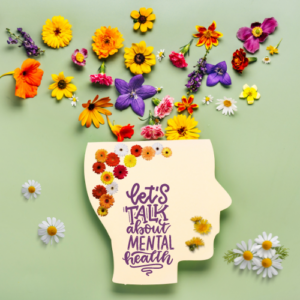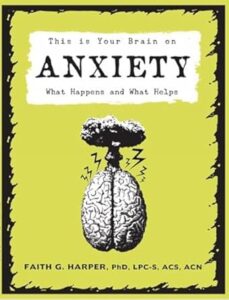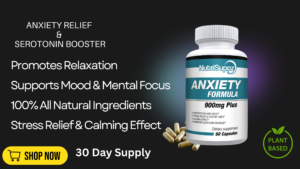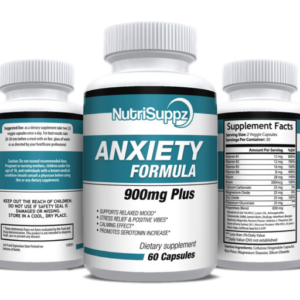29 Aug Understanding Anxiety Symptoms: A Comprehensive Guide
Understanding Anxiety Symptoms: A Comprehensive Guide

Anxiety is a common mental health condition that can affect various aspects of life. Recognizing the symptoms of anxiety is crucial for early intervention and effective management. This article provides an overview of the different types of anxiety symptoms, their impact, and how to address them.
What is Anxiety?
Anxiety is characterized by persistent feelings of worry, fear, or unease that can interfere with daily activities. It is a natural response to stress but becomes problematic when it is excessive and chronic. Anxiety can manifest in various forms, including generalized anxiety disorder (GAD), panic disorder, social anxiety disorder, and specific phobias.
Common Physical Symptoms of Anxiety
Anxiety often presents with physical symptoms that can affect the body in various ways. Individuals may experience rapid heartbeat or palpitations, which can make them feel as though they are having a heart attack. Sweating, trembling, and muscle tension are also common physical manifestations.
Other physical symptoms include dizziness, shortness of breath, and gastrointestinal issues such as nausea or diarrhea. These symptoms can contribute to the overall sense of discomfort and distress that accompanies anxiety.

Psychological Symptoms of Anxiety
The psychological symptoms of anxiety include persistent worry or fear that is difficult to control. Individuals may experience a constant sense of impending doom or apprehension, even in the absence of a clear threat. This ongoing worry can lead to difficulty concentrating and restlessness.
People with anxiety often find themselves ruminating on worst-case scenarios and may have trouble relaxing or unwinding. Feelings of irritability and a heightened state of alertness are also common, which can affect interpersonal relationships and daily functioning.
Behavioral Symptoms of Anxiety
Behavioral symptoms of anxiety can manifest as avoidance or compulsive behaviors. Individuals may avoid situations that trigger their anxiety, such as social gatherings, public speaking, or certain places. This avoidance can limit their ability to engage in normal activities and may lead to social isolation.
Compulsive behaviors, such as excessive checking, reassurance-seeking, or repetitive actions, can also be a response to anxiety. These behaviors are often attempts to alleviate anxiety temporarily but can become disruptive and reinforce the cycle of anxiety.
Emotional Impact of Anxiety
The emotional impact of anxiety can be profound and wide-reaching. Individuals may feel overwhelmed, helpless, or trapped by their anxiety. This emotional distress can lead to a decreased quality of life and contribute to the development of other mental health conditions, such as depression.
Chronic anxiety can also affect self-esteem and confidence, making individuals feel inadequate or incapable of handling life’s challenges. Recognizing and addressing these emotional effects is an important part of managing anxiety effectively.
Managing Anxiety Symptoms
Addressing anxiety symptoms involves a multifaceted approach. Cognitive-behavioral therapy (CBT) is a widely used therapeutic method that helps individuals identify and change negative thought patterns and behaviors associated with anxiety. Medication, such as antidepressants or anxiolytics, may also be prescribed to help manage symptoms.
In addition to professional treatment, self-care strategies can be beneficial. Regular physical activity, mindfulness practices, and healthy lifestyle choices, such as balanced nutrition and adequate sleep, can help reduce anxiety and improve overall well-being.
Conclusion
Understanding anxiety symptoms is crucial for effective management and treatment. Recognizing physical, psychological, behavioral, and emotional symptoms can help individuals seek appropriate help and adopt strategies to manage their anxiety. By addressing anxiety through a combination of professional support and self-care practices, individuals can work towards achieving a more balanced and fulfilling life.
At NutriSuppz, we are dedicated to providing information and resources to support mental health.




No Comments